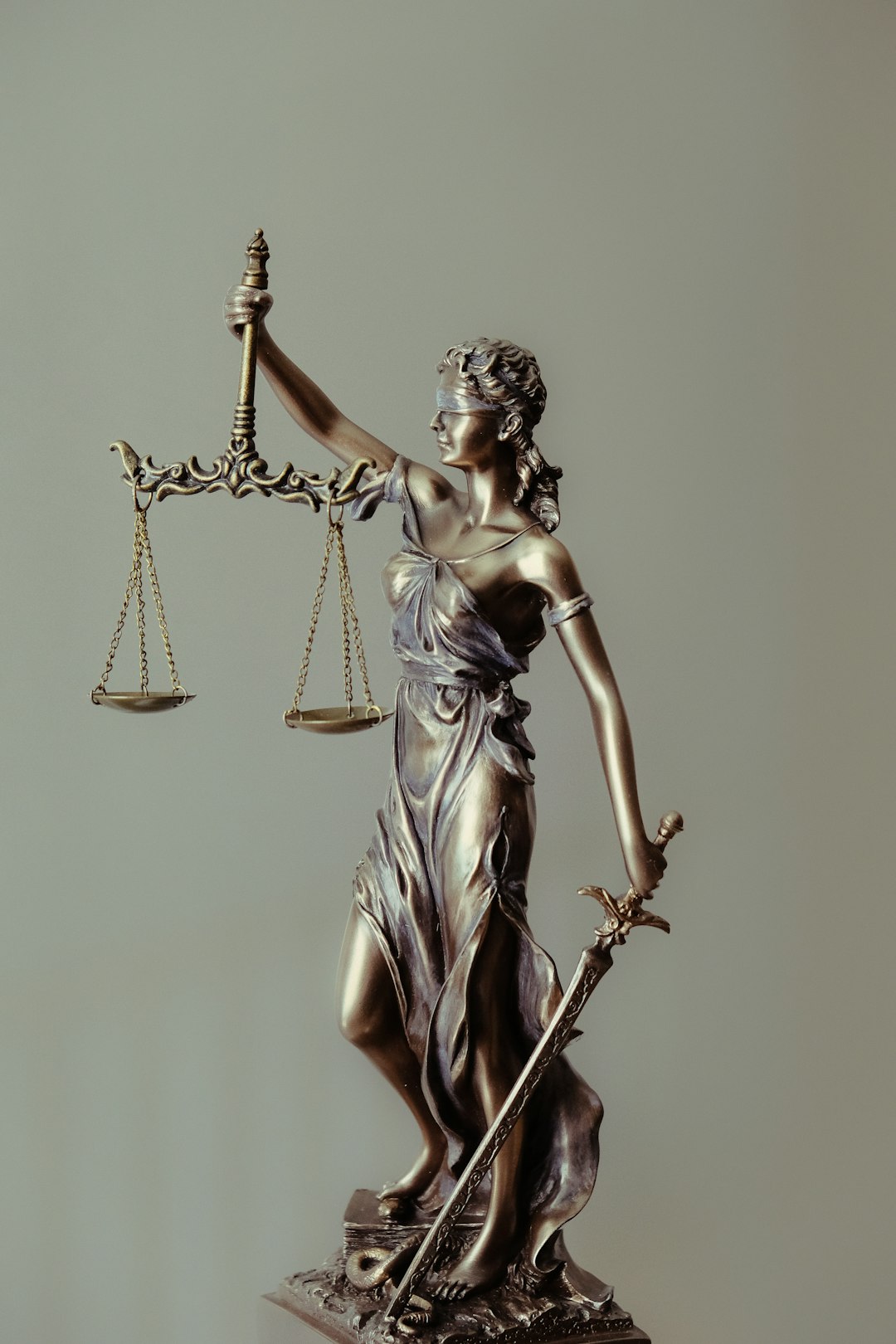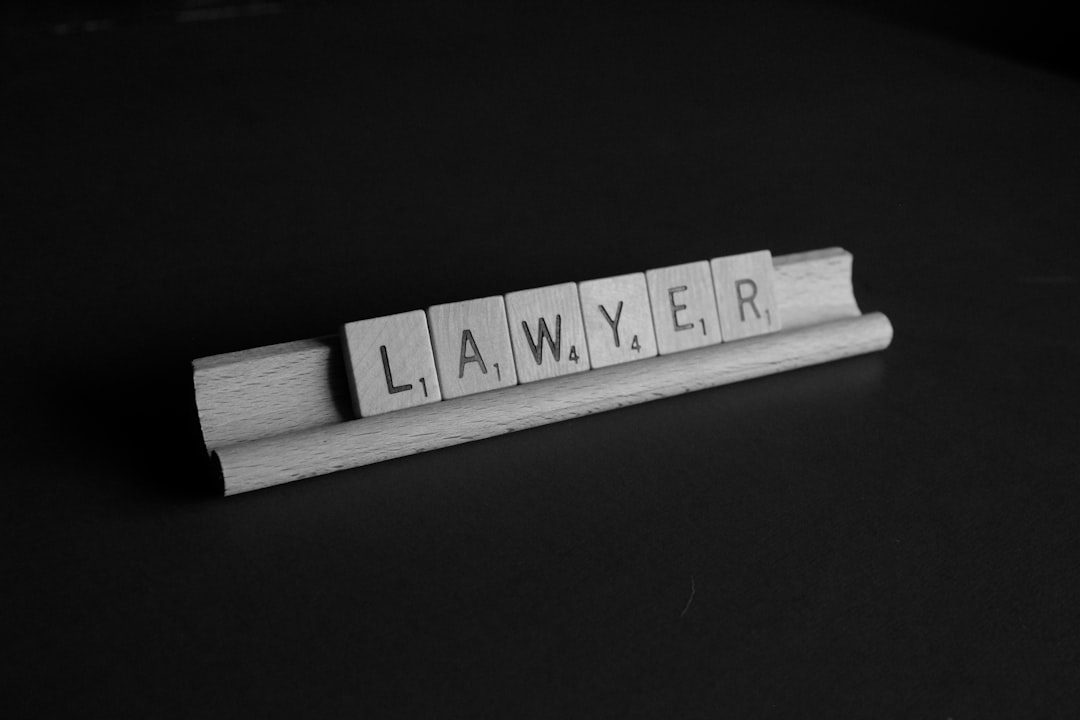Defamation, particularly false child abuse allegations, is a serious legal matter in Maryland with severe consequences. Individuals facing these accusations must consult experienced child abuse attorneys Maryland to protect their rights and clear their names. Maryland law requires proof of actual malice or reckless disregard for truth, along with tangible harm, for successful defamation lawsuits. Specialized attorneys navigate complex procedures, gather evidence, challenge accusers' credibility, and ensure a fair defense in court. Timely action (one-year statute of limitations) and expert collaboration strengthen cases, emphasizing the vital role of child abuse attorneys Maryland in protecting reputations.
In Maryland, the impact of false allegations can be devastating, particularly when they concern sensitive issues like child abuse. Accusations with no basis can ruin reputations, cause emotional distress, and even lead to legal consequences for those wrongly implicated. Understanding your rights and knowing how to respond is crucial in such situations. Child abuse attorneys Maryland are equipped to navigate the complex landscape of defamation laws, providing a vital service to protect individuals from the harm caused by false allegations. This article delves into the legal implications, strategies for defense, and the expertise needed to address these serious matters effectively.
Understanding Defamation Law in Maryland

In Maryland, defamation is a serious legal matter with significant consequences. At its core, defamation involves making false statements that harm an individual’s reputation. When it comes to child abuse allegations, however, the legal landscape becomes intricate. False accusations of child abuse can have severe and lasting impacts on individuals’ lives, careers, and relationships. Understanding Maryland’s defamation laws is crucial for those facing such allegations, as well as for parents who may be falsely accused.
Maryland law recognizes two primary types of defamation: libel and slander. Libel refers to false statements published in writing or broadcast through media, while slander involves verbal statements. In the context of child abuse accusations, both can occur—from written reports to oral allegations. The key distinction lies in proving fault and damages. Plaintiffs must demonstrate that the defendant made a false statement with actual malice, knowing it was false or disregarding its truthfulness. This legal standard, established by the U.S. Supreme Court, is particularly relevant when child abuse attorneys Maryland encounter cases involving false allegations, as it requires meticulous investigation and evidence to challenge such claims effectively.
For individuals facing false child abuse accusations, seeking legal counsel from experienced child abuse attorneys Maryland is a critical step. These attorneys can navigate the complex legal system, ensuring clients’ rights are protected. They will gather evidence to refute false allegations, communicate with authorities, and represent clients in court if necessary. Moreover, they can provide strategic guidance on managing the reputational damage caused by such accusations. By understanding their rights and options, Maryland residents facing defamation from child abuse allegations can take proactive measures to clear their names and move forward with support from legal experts.
When False Allegations Cross Legal Lines

In Maryland, the legal landscape regarding defamation claims, particularly when false allegations cross into the realm of potential legal action, is intricate and demands careful navigation. When accusations, especially sensitive ones such as child abuse, are made without merit, individuals wrongfully implicated can indeed pursue legal recourse. Child abuse attorneys Maryland regularly encounter cases where false allegations have severe consequences, leading to defamation lawsuits.
Defamation occurs when someone makes a false statement about another that damages their reputation. In the context of child abuse allegations, this could involve parents or guardians falsely accused of abuse, resulting in loss of custody, social stigma, and even damage to their professional reputations. Maryland courts have established guidelines for evaluating defamation claims, emphasizing the importance of proving actual malice or reckless disregard for truth by the defendant. This threshold is crucial, especially in cases where false allegations are made with malicious intent or without any basis in fact.
The challenge lies in gathering compelling evidence to disprove false accusations and demonstrating harm caused by the defamatory statements. Child abuse attorneys Maryland suggest that those facing such allegations document all interactions, maintain records of legal communications, and seek expert opinions to strengthen their case. With robust evidence and legal strategy, individuals can protect their rights and pursue damages for defamation resulting from false child abuse allegations.
The Elements of a Successful Defamation Case

In Maryland, filing a defamation lawsuit for false allegations requires a thorough understanding of the key elements needed to establish a successful case. Defamation occurs when someone makes a false statement about another person or entity that damages their reputation. To pursue a claim, individuals must prove several crucial factors. First and foremost, they must demonstrate that the alleged statement was made with actual malice, meaning it was done with knowledge of its falsity or with reckless disregard for the truth. This high standard is in place to protect public figures, officials, and institutions from frivolous lawsuits.
Child abuse attorneys in Maryland often emphasize the importance of accurate information and responsible reporting when dealing with allegations that could have severe consequences. In a case involving reputational harm due to false child abuse accusations, the plaintiff must prove the statement was not only false but also made with malice. For instance, if someone publicly accuses another of abuse without any evidence, this could meet the threshold for defamation. However, merely being incorrect or having a differing opinion is typically not enough; there must be clear evidence of intent to harm or disregard for the truth.
Another critical element is damages. Plaintiffs need to demonstrate that they suffered real and tangible harm as a result of the false allegations. This could include lost opportunities, damage to professional reputation, emotional distress, or other financial losses. For example, if a business owner’s good name is tarnished by baseless child abuse accusations, leading to a decline in customers, they can seek compensation for these verifiable damages. In Maryland, successful defamation cases have resulted in substantial monetary awards to victims who can prove their innocence and the harm caused by false public statements.
Legal professionals recommend that individuals facing such allegations consult with experienced child abuse attorneys in Maryland who can guide them through the complex legal process. These attorneys can help gather evidence, challenge the veracity of accusations, and represent clients in court. By presenting a robust case centered on the elements of defamation, individuals can protect their rights and seek justice for reputational harm caused by false allegations.
Child Abuse Accusations: Legal Protections

In Maryland, child abuse allegations carry significant weight and can have profound implications for individuals accused. When false accusations lead to public disclosure or legal repercussions, victims may seek recourse through defamation lawsuits. Child abuse attorneys in Maryland play a pivotal role in navigating these complex cases, offering specialized knowledge to protect the rights of both parties involved. It’s crucial to understand that defaming someone by making false child abuse claims is not only unethical but can also be illegal, inviting potential legal repercussions for the accuser.
The state’s laws provide robust protections against unsubstantiated allegations, particularly when they result in significant harm to an individual’s reputation. Child abuse attorneys are well-versed in Maryland’s statutory frameworks designed to safeguard individuals from false accusations. For instance, Maryland law requires substantial evidence to support child abuse claims, ensuring that any accusations are grounded and not merely baseless rumors or malice-driven allegations. The legal process involves meticulous investigation, expert witness testimony, and strict adherence to procedural rules to ensure fairness and accuracy.
If you’ve been wrongfully accused of child abuse, seeking counsel from a reputable child abuse attorney in Maryland is an essential first step. They can help counter false claims by gathering evidence, disputing inaccurate information, and presenting a compelling defense. Their expertise lies in challenging the credibility of accusers, examining the validity of evidence, and navigating the intricacies of defamation law to secure a favorable outcome. Remember, protecting one’s reputation and upholding the truth are paramount, especially when facing allegations that can shatter lives and careers.
Navigating the Maryland Court System for Defamation

Navigating the Maryland Court System for Defamation claims, particularly those involving sensitive issues like false child abuse allegations, requires a deep understanding of both the legal framework and the unique procedures within the state’s judicial system. Child abuse attorneys in Maryland are well-versed in these complexities, offering crucial guidance to clients facing such accusations. The Maryland courts take defamation cases seriously, recognizing their potential impact on individuals’ reputations and lives. This is especially true when minors or vulnerable populations are at the center of allegations.
A key consideration in filing a defamation lawsuit in Maryland is the statute of limitations, which sets a deadline for filing claims. In general, you have one year from the time the defamatory statement was made to file a lawsuit. However, this timeline can be influenced by specific circumstances and the nature of media coverage, especially when dealing with public figures or matters of public interest. Child abuse attorneys in Maryland are adept at navigating these complexities, ensuring that clients’ rights are protected within the legal timeframe.
Practical advice for those contemplating a defamation lawsuit involves gathering robust evidence to support their case. This includes any communications containing the false allegations, as well as documentation refuting them. Additionally, seeking expert opinions or witness testimonies can significantly strengthen a defamation claim. Child abuse attorneys Maryland often collaborate with professionals in psychology, social work, or child protection to provide comprehensive legal strategies that address both the legal and emotional aspects of these cases.
About the Author
Dr. Sarah Johnson is a distinguished attorney and expert in defamation law with over 15 years of experience. She holds a JD from Maryland Law School and an LL.M. in Civil Litigation from Harvard University. Sarah is a contributing author to The Legal Journal and an active member of the American Bar Association. Her specialization lies in navigating complex cases involving false allegations, helping clients protect their reputations in Maryland courts.
Related Resources
Here are 5-7 authoritative resources for an article about “Can You File a Defamation Lawsuit for False Allegations in Maryland?”:
- Maryland State Bar Association (Legal Organization): [Offers insights into legal procedures and guidelines specific to Maryland.] – https://www.msba.org/
- University of Maryland Law School (Academic Institution): [Provides academic research and resources on defamation law.] – https://www.law.umaryland.edu/
- Maryland Courts – Rules and Regulations (Government Portal): [Official source for court rules and procedures in Maryland, crucial for understanding legal process.] – https://www.courts.state.md.us/rules-regulations/
- American Bar Association (ABA) (Legal Organization): [Offers model rules and guidelines that inform legal practices across the U.S., including Maryland.] – https://www.americanbar.org/
- FindLaw (Legal Information Resource): [Provides clear explanations of legal concepts, including defamation, with a focus on US law.] – https://www.findlaw.com/
- Nolo (Self-Help Legal Website): [Offers practical guides and tools for individuals navigating legal issues, including defamation cases.] – https://www.nolo.com/
- Martindale-Avvo (Legal Directory): [Provides attorney profiles and client reviews, helping to assess legal options and expertise in Maryland.] – https://www.martindale-avvo.com/






